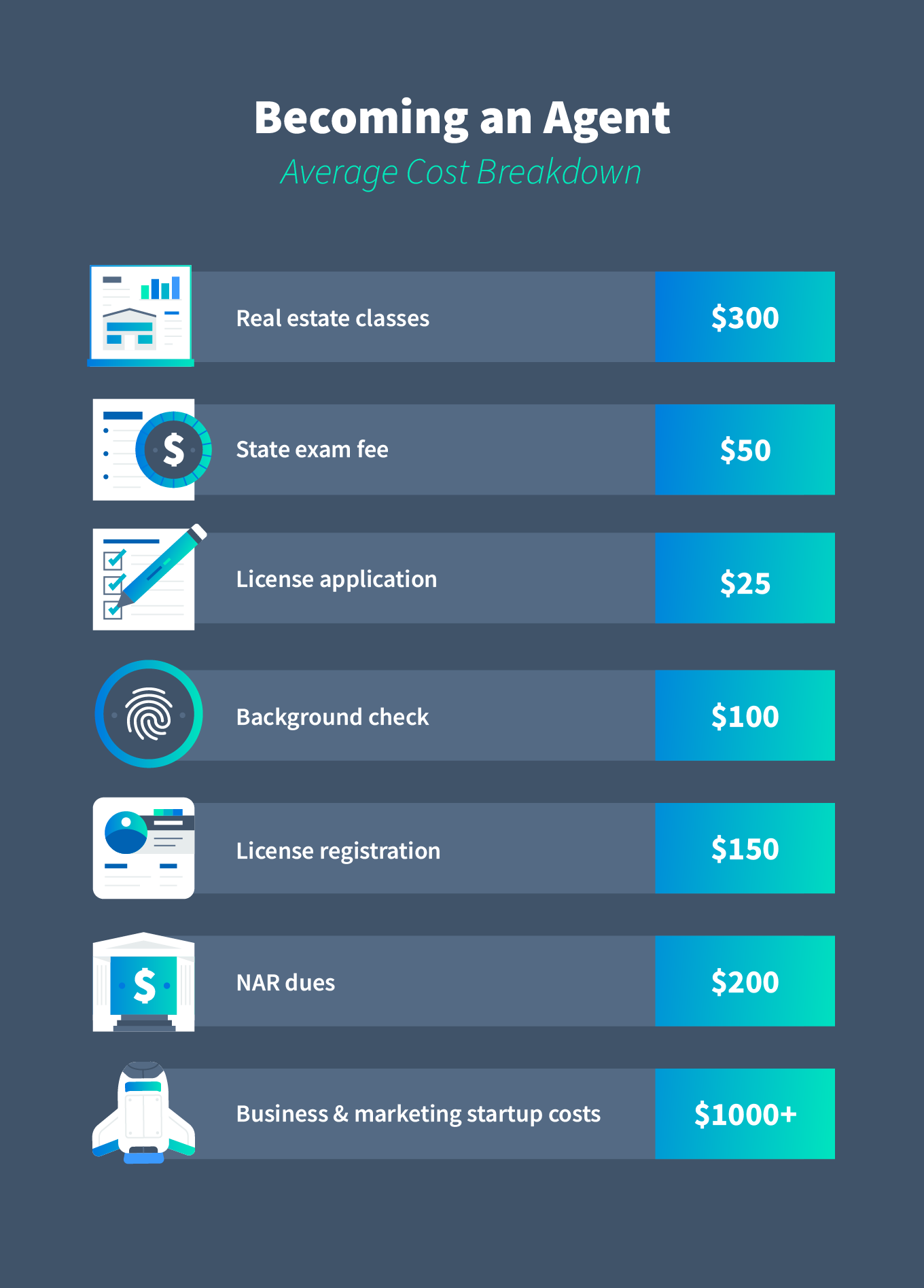
Before you buy a REIT, you should know more about the company. Find out about its history and how it compares to the competition. You will then be able determine if it will pay good dividends. Be aware of the risks involved in buying REITs.
Tip to buy REITs
It is important to evaluate the company's earnings and quality before you make a decision about investing in REITs. The earnings of the company are made up of funds earned from the operation of its properties, as well as any cash available for dividends. Be sure to look into the fees involved in the investment. Diversification is another important consideration. Some REITs are heavily invested in a certain type of property, which can increase the risk of a loss. To minimize your risk, you should consider investing in more than one REIT and diversifying your portfolio.
It is possible to set up a brokerage to invest in REITs. This process only takes a few minutes and allows you to buy and sell publicly traded REITs. These investments are known for paying high dividends. Some REITs offer the possibility of holding your funds in a tax preferred account. This allows you to avoid paying taxes on distributions.
Dividends are subjected to taxes
When purchasing REITs, investors should be aware of the taxes on dividends. REIT dividends can include capital gains. This occurs when the REIT sells an asset. The amount due will depend on whether an investor qualifies under special tax concessions. If the investor is not eligible for special tax concessions the dividend will be subject to the marginal tax rate.

If REITs do not require close ownership, investors can avoid paying taxes. In addition, they need to be careful to avoid REITs that do not have a five-year dividend history. REITs are generally not allowed to be held by more then 50% of individuals. The Tax Cuts and Jobs Act (new tax law) allows pass-through income to be deducted 20%.
Liquidity
REITs need to be mindful of liquidity. This can help them weather any unexpected fluctuations in the assets' value. REITs can also increase their value by distributing a portion of their earnings to their investors. During the recent downturn, REITs have taken advantage of lower interest rates to increase their cash balances and improve their liquidity. But REITs should not considered safe investments. Volatility is a natural part of business.
Moreover, REITs offer investors liquidity, as shares can be purchased and sold on the stock market. Investors have access to liquidity that can be used to access cash and change their investment strategies. Real estate is not a correlated asset, which may make REITs attractive to investors.
Risks associated with REITs
While REITs offer steady income in form of dividends and can be a good investment, they do have risks. This is because REITs are traded just like stocks and can go down in value. They are safe investments but must be competitive with other high-yield investments options. This could lead to REIT stock prices falling.
Another important risk is the interest rate risk. Rising interest rates can lead to higher borrowing costs for REITs which could impact their cash flow. However, these risks can be mitigated by the fact that REITs tend to have solid balance sheets. This is because the managers of these companies strive to maintain a healthy level in leverage. Investors should pay attention to this aspect.

When to buy
You should consider your financial situation and goals before making a decision to invest into REITs. It is also important to understand how REITs affect your tax situation. These REITs generate a large portion of their value through dividends income so they might not be the best choice if you are trying to maximize your tax benefits.
Uncertainty surrounding master lease expirations is a major problem facing REITs. Investors are often driven to sell due to this uncertainty. Because of this uncertainty, investors have seen their fundamentals suffer. Despite the uncertainty, most investors fail to take into account the fact that short-term issues have little impact on long-term prospects.
FAQ
What should I do before I purchase a house in my area?
It all depends on how long your plan to stay there. Start saving now if your goal is to remain there for at least five more years. If you plan to move in two years, you don't need to worry as much.
How much does it take to replace windows?
Window replacement costs range from $1,500 to $3,000 per window. The total cost of replacing all your windows is dependent on the type, size, and brand of windows that you choose.
How many times may I refinance my home mortgage?
This depends on whether you are refinancing with another lender or using a mortgage broker. You can typically refinance once every five year in either case.
How do I calculate my interest rate?
Market conditions impact the rates of interest. The average interest rate over the past week was 4.39%. Add the number of years that you plan to finance to get your interest rates. For example, if you finance $200,000 over 20 years at 5% per year, your interest rate is 0.05 x 20 1%, which equals ten basis points.
Is it cheaper to rent than to buy?
Renting is often cheaper than buying property. However, you should understand that rent is more affordable than buying a house. Buying a home has its advantages too. For example, you have more control over how your life is run.
What are the benefits associated with a fixed mortgage rate?
Fixed-rate mortgages lock you in to the same interest rate for the entire term of your loan. This guarantees that your interest rate will not rise. Fixed-rate loans come with lower payments as they are locked in for a specified term.
Do I need flood insurance?
Flood Insurance covers flood damage. Flood insurance helps protect your belongings and your mortgage payments. Find out more information on flood insurance.
Statistics
- Some experts hypothesize that rates will hit five percent by the second half of 2018, but there has been no official confirmation one way or the other. (fortunebuilders.com)
- Private mortgage insurance may be required for conventional loans when the borrower puts less than 20% down.4 FHA loans are mortgage loans issued by private lenders and backed by the federal government. (investopedia.com)
- When it came to buying a home in 2015, experts predicted that mortgage rates would surpass five percent, yet interest rates remained below four percent. (fortunebuilders.com)
- This seems to be a more popular trend as the U.S. Census Bureau reports the homeownership rate was around 65% last year. (fortunebuilders.com)
- 10 years ago, homeownership was nearly 70%. (fortunebuilders.com)
External Links
How To
How to be a real-estate broker
You must first take an introductory course to become a licensed real estate agent.
Next, you will need to pass a qualifying exam which tests your knowledge about the subject. This requires you to study for at least two hours per day for a period of three months.
Once you have passed the initial exam, you will be ready for the final. For you to be eligible as a real-estate agent, you need to score at least 80 percent.
Once you have passed these tests, you are qualified to become a real estate agent.